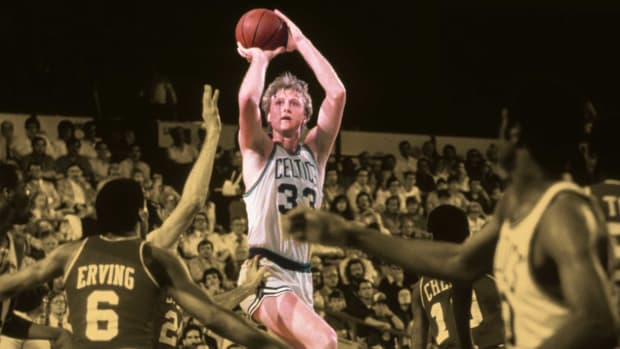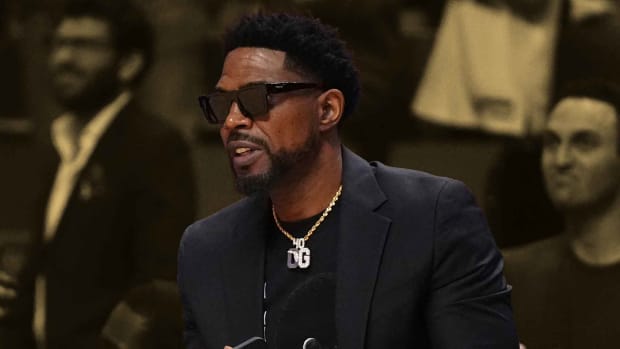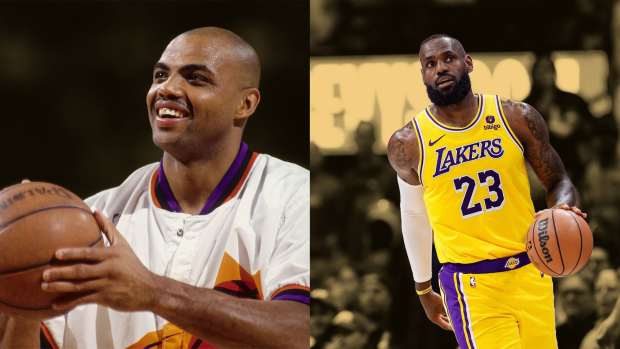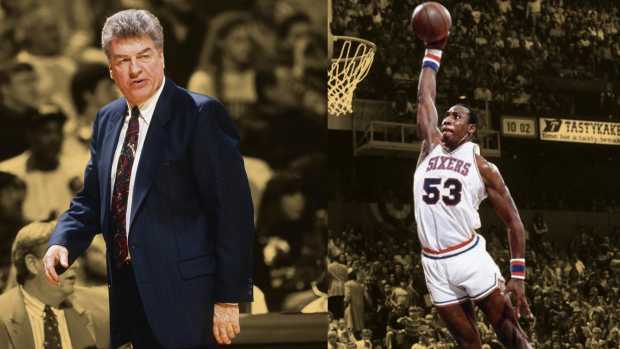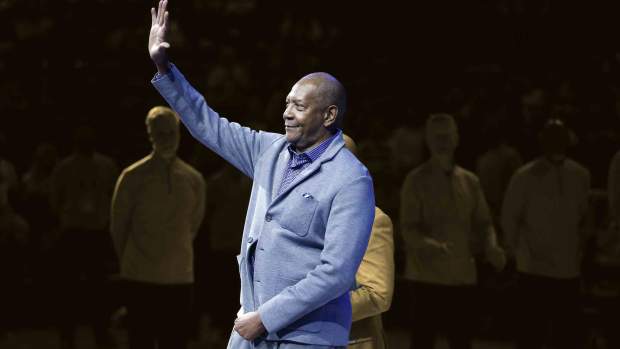The etymology of basketball positions — the origin of guard, forward, and center
There are a lot of things we use every day and never stop and think about their origin story. For instance, do you know why basketball positions are called guard, forward, and center?
The etymology of basketball positions
The players composing the backcourt are the point guard and shooting guard, while those manning the frontcourt are the small forward, power forward, and center.
Traditionally, the guards have superior court vision, dribbling, and shooting skills than their front court counterparts. What they lack in height, they make up in basketball IQ. Meanwhile, centers and forwards are traditionally taller and bulkier. They are in charge of defense, rebounding, and scoring in a close range around the basket.
Recommended Articles
But why do we call such positions guards, forwards, and centers? It has something to do with how the game was played before. There was a time when dribbling was still not allowed and the way to move the ball was similar to how a game of frisbee is played.
The guards were the ones defending their own basket while the forwards attacked the opposing team’s basket. The center stayed in the middle of the court.
Dr. James Naismith's Original Rules
The game evolved through time, but it’s safe to say the rules were very much different in their early stages. For example, the father of basketball, Dr. James Naismith, implemented 13 original rules, and some have become obsolete today.
As mentioned, a player could not dribble the ball but had to pass it around, similar to a frisbee game.
“A player cannot run with the ball. The player must throw it from the spot on which he catches it, allowance to be made for a man who catches the ball when running at a good speed if he tries to stop.”
Striking the ball with a fist also merited a foul at that time. After two 15-minute halves and five minutes of rest, the team with more scores would win the game.
Today, we talk about free-flowing positionless basketball. Guard, forward and center are used to help a novice follow the game. It's fascinating to learn the positions got their names at a time the game was completely different.




